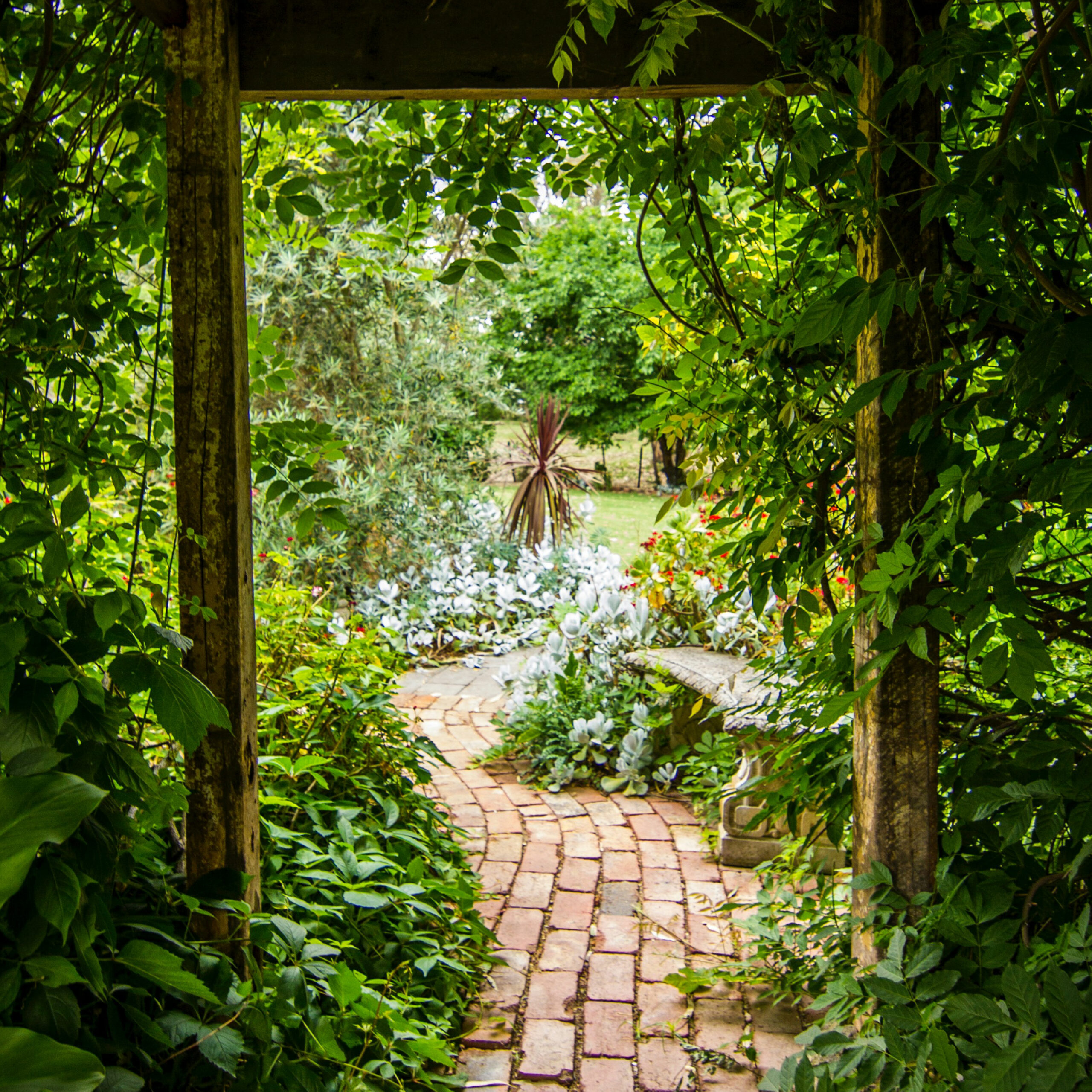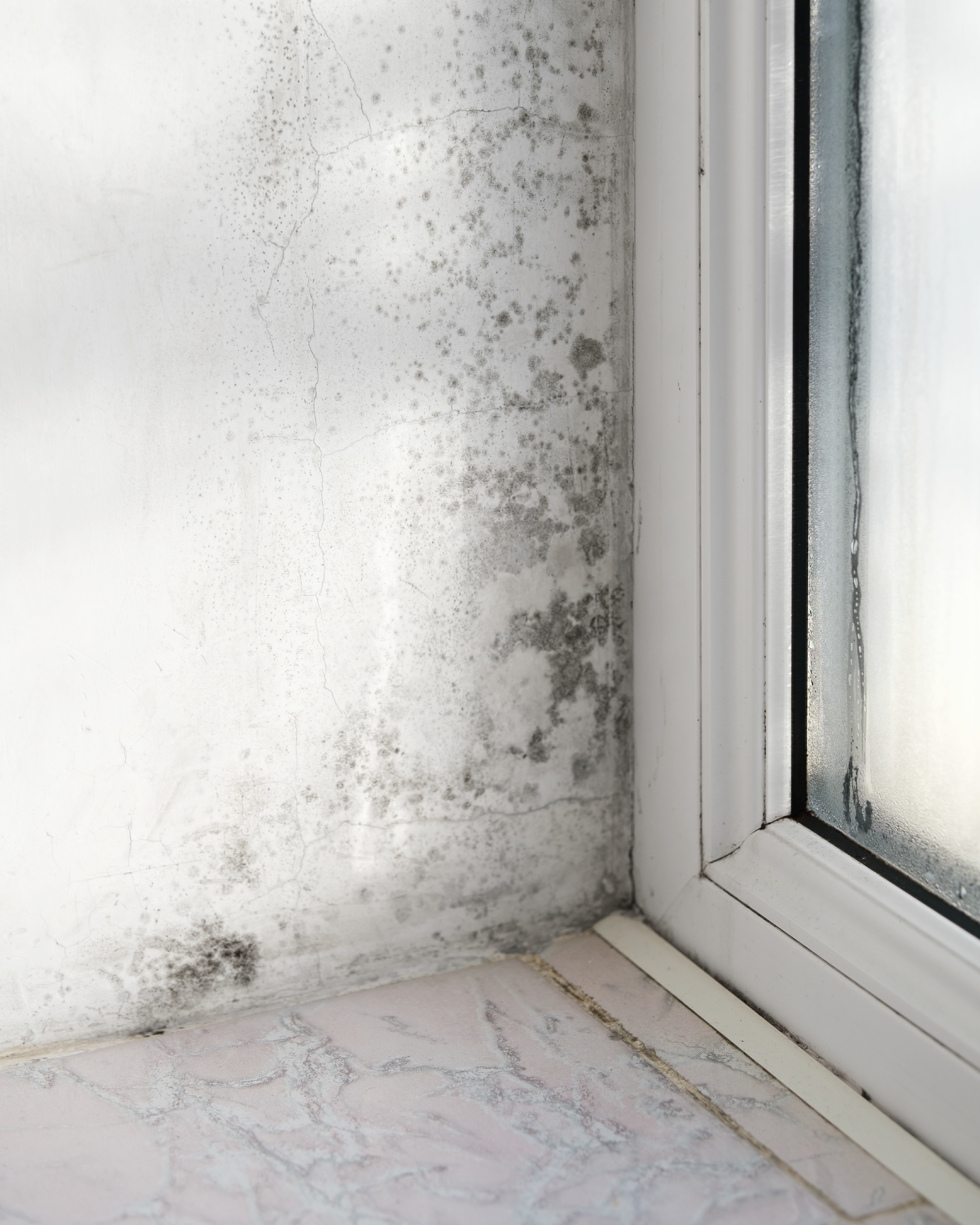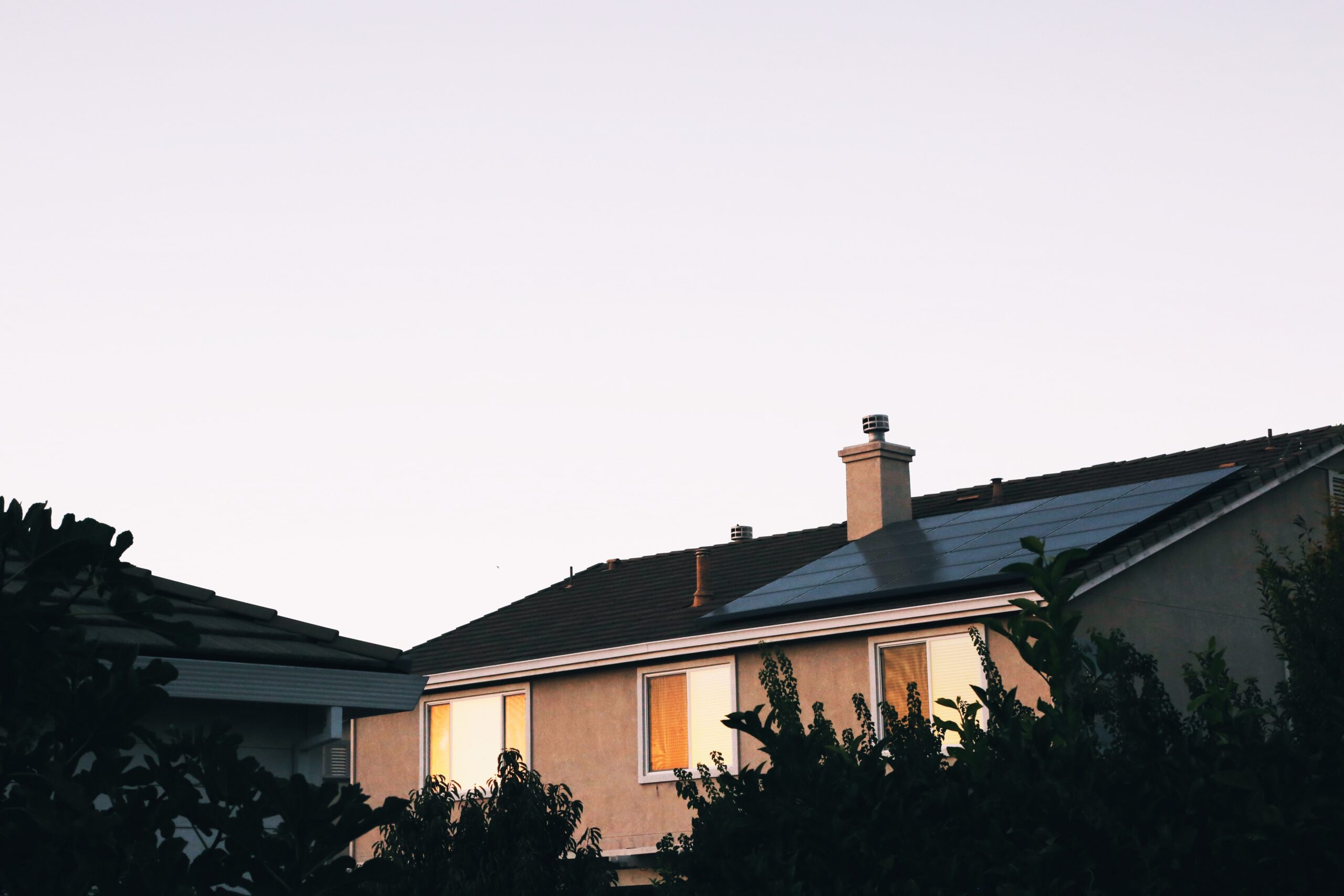

Transforming your outdoor space into a sustainable garden oasis
In an era of increasing environmental awareness, many homeowners are wanting to create outdoor spaces that not only enhance the beauty of their property but also promote sustainability and biodiversity. Whether you have a sprawling garden or a small urban balcony, there are countless ways to transform your outdoor space into a sustainable garden oasis that nourishes the soul and supports local ecosystems.
Embrace organic gardening practices
One of the key principles of sustainable gardening is to work with nature rather than against it. Instead of relying on chemical fertilisers and pesticides, opt for organic gardening practices that promote soil health and natural pest control. You could choose a no-dig gardening approach which avoids traditional tilling or digging and instead focuses on layering organic materials like compost, straw and mulch on the soil surface. This low effort approach requires less physical labour, making it an appealing option for both novice and experienced gardeners. You can also compost kitchen scraps and garden waste can enrich the soil with essential nutrients and reduce the need for synthetic fertilisers. Additionally, planting native species can attract beneficial insects and wildlife that help maintain a healthy ecosystem.
Conserve water
While many don’t realise it, water is still a precious resource here in the UK, with areas like the South East being particularly water-poor. This region has a similar amount of rain as Lebanon and London only has around 90 days worth of water storage at any time.
By incorporating drip irrigation, you can significantly reduce water waste by delivering water directly to the roots of your plants through a network of tubes, pipes, and emitters. This method ensures that plants receive a consistent and precise amount of moisture, promoting healthier growth while also conserving water.
Rainwater harvesting is another effective method to collect and use rainwater for your garden. One of the most common methods is rooftop rainwater harvesting where rainwater is collected from the roof of a building and directed into storage tanks attached to downspouts. This can be used for non-potable uses like irrigation, toilet flushing, and washing, or potable uses if properly treated.
Mulching helps retain soil moisture, reducing the need for frequent watering. Choosing drought-tolerant plants ensures that your garden can thrive with minimal water. Some examples of these include –
- Succulents: Plants like Sedum and Sempervivum (houseleeks) are well-suited to dry conditions and can be easily found in UK garden centres.
- Native Plants: Many UK native plants, such as Lavender (Lavandula) and Thyme (Thymus), are naturally adapted to local climates and require less water.
- Perennials: Plants like Eryngium (sea holly) and Achillea (yarrow) are known for their drought tolerance and vibrant blooms.
Promote biodiversity and habitat preservation
Planting a variety of native plants can support a diverse array of wildlife, from pollinators like bees and butterflies to songbirds and beneficial predators like ladybirds. Enhancing biodiversity with habitat features such as birdhouses, bat boxes, and bee hotels is also beneficial, ensuring ecosystems can provide essential services and remain resilient in the face of environmental changes.
Enjoy the benefits of a sustainable garden
A sustainable garden oasis offers numerous benefits for homeowners and their communities.
- Air quality improvement: Plants in sustainable gardens act as natural filters, reducing pollutants such as carbon dioxide and particulate matter. This process contributes to improved air quality, making the surrounding environment healthier for residents.
- Mitigation of urban heat islands: Green spaces, particularly gardens with vegetation, help lower temperatures in urban areas. This mitigates the urban heat island effect, where cities experience higher temperatures compared to rural areas due to human activities and lack of vegetation.
- Promotion of mental health and well-being: Gardens provide tranquil environments that support relaxation and stress reduction. Access to green spaces has been linked to improved mental health outcomes, including decreased levels of anxiety and depression.
By investing in sustainable gardening practices and creating outdoor spaces that nourish the body, mind, and soul, you can make a positive impact on the environment while enjoying the beauty and serenity of your garden.









